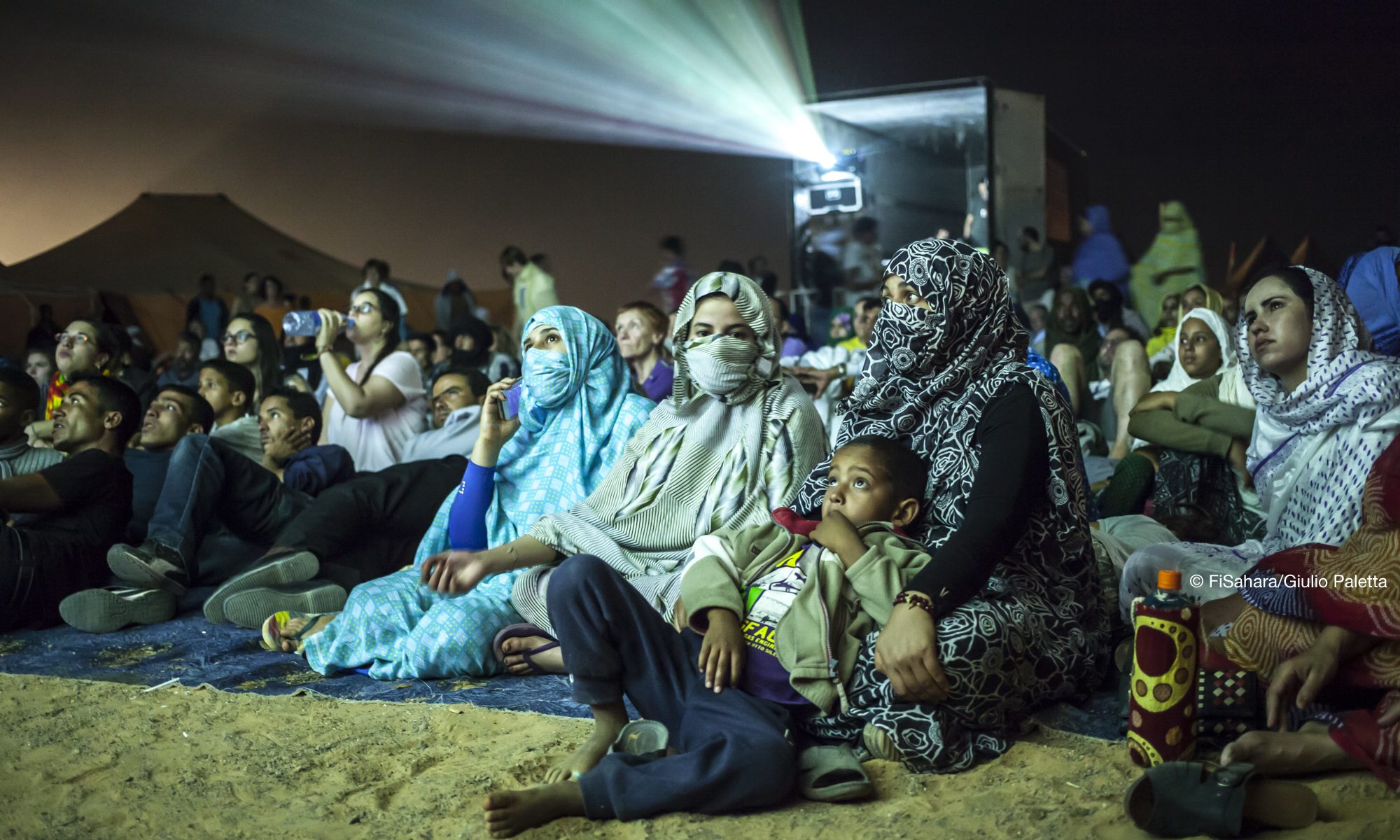Le 29 mars 2018 – Elena Razlogova
Elena Razlogova’s video:
→ Discussion avec Elena Razlogova sur la Chaine YouTube
ABSTRACT: Based on interviews with film translators and government documents, this presentation proposes to investigate how Arab cinema circulated in live translation in the Soviet Union at international film festivals in Moscow (from 1959) and Tashkent (African and Asian cinema, from 1968), and post-festival screenings and “cinema weeks” in Central Asia, the Caucasus, Russia, and other Soviet republics. These festivals featured the widest selection of Arab cinema: Egyptian blockbusters, shorts by Syrian students from VGIK (All-Union State Film School in Moscow), liberation cinema of Palestine, and more. Arabic was so prominent at the Tashkent festival that in 1974 Arab participants proposed to make it an official language of the festival, in addition to Russian, English, and French. I argue that these numerous festivals and screenings, more than the few Arab pictures selected and dubbed for national distribution, convey the reception of Arab cinema in the Soviet Union. Thanks to live translation, the films acquired what Naoki Sakai calls “heterolingual address”—a “fundamental, determination of your addressee [as] the one who might not comprehend your language, that is, of the foreigner.” Artisanal and inexact practice of live interpreting encouraged spectators to make aesthetic and political discoveries in Arab films.
Bio: Elena Razlogova is an Associate Professor of History at Concordia University in Montréal. She is the author of The Listener’s Voice: Early Radio and the American Public (2011) and co-editor of “Radical Histories in Digital Culture” issue of the Radical History Review (2013). She has published articles on U.S. radio history, music recommendation algorithms, and film translation in the Soviet Union. She was an executive producer on a digital project Gulag: Many Days, Many Lives. She is currently working on a history of simultaneous film translation and transnational networks at Soviet film festivals.
Ce projet à été rendu possible grâce aux étudiants de la LP MIDEN de l’IUT Robert Schuman: Maxime Bristiel, Samantha Gimonet, Nicolas Guth, Samphearom Sam-Dantzer et pour le montage vidéo Olivier Dantzer.

